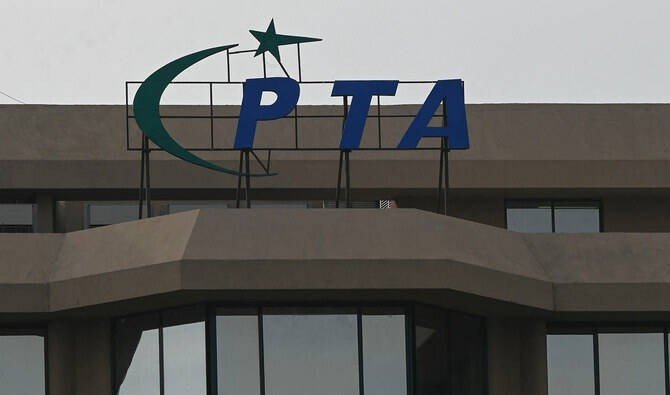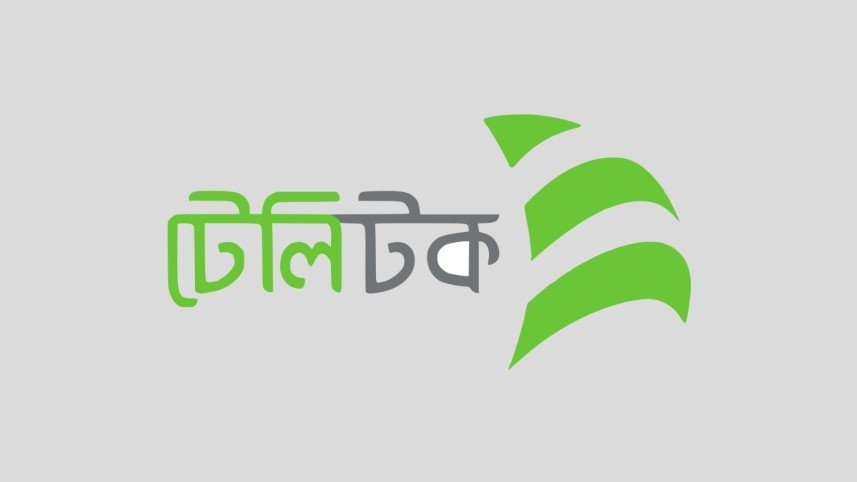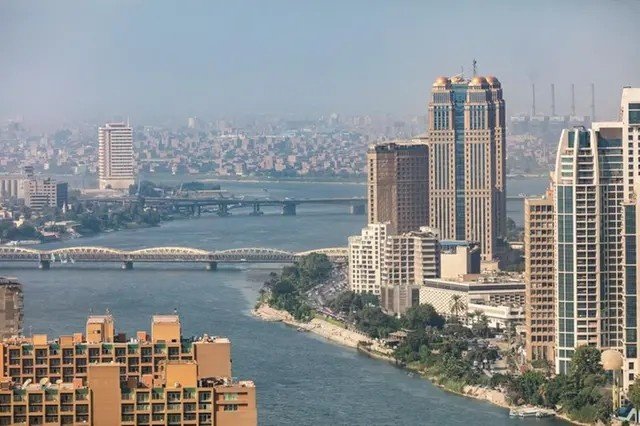Mobile users across Pakistan have voiced growing frustration over sluggish 4G Internet speeds and frequent disruptions to WhatsApp calls, raising concerns over the country’s digital readiness. The Pakistan Telecommunication Authority (PTA) has denied claims that a national Internet firewall is behind the slowdown, instead attributing the problem to outdated infrastructure and surging data consumption.
PTA’s Explanation
Amir Shehzad, PTA’s Director General of Licensing, acknowledged that Internet speeds are slow, particularly in densely populated areas like Lahore’s Shah Alam Market, but stressed: “Firewall is a protection system used globally. It ensures security of the system, not speed.” He highlighted that Pakistan’s 198 million SIM users, 58% of whom rely on mobile broadband, are straining limited resources.
Only 15% of telecom towers in Pakistan are fiberized, compared to 80–90% in advanced economies and 25% in India. The PTA noted that insufficient spectrum, limited tower density, and rising demand—driven by apps like TikTok, which has nearly 90 million users—are causing network congestion. The government has pledged to increase allocated spectrum from 274 MHz to 600 MHz and incentivize fiber rollout by waiving annual installation fees, with improvements expected within 10 months.
Critics Disagree
Digital rights activist Haroon Baloch contested the PTA’s stance, arguing that centralized filtering systems, such as the national firewall, also contribute to poor service quality by creating bottlenecks, raising latency, and infringing on digital rights.
A senior telecom executive, speaking anonymously, echoed these concerns: “The firewall does slow data, like a filter on a water pipe reduces the flow.” The executive further pointed to structural challenges in Pakistan’s telecom sector, including some of the world’s lowest ARPU (average revenue per user), high spectrum costs priced in USD, and rising fuel expenses for tower operations.
The Road Ahead
With average monthly data usage rising from 6GB to 8GB per user in just one year, Pakistan’s telecom sector faces mounting pressure. While the government promises upgrades, industry voices warn that without greater spectrum, investment, and better regulation, the combination of outdated infrastructure and centralized controls could continue to hamper user experience.















